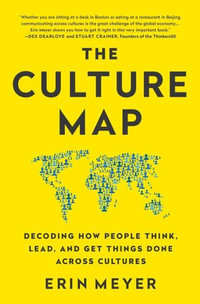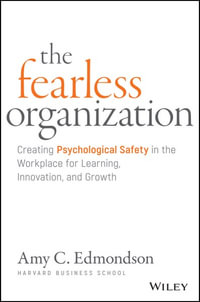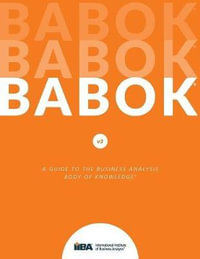The SAGE Handbook of Qualitative Research in Organizational Communication is a state-of-the-art resource for scholars, students, and practitioners seeking to deepen their understanding and expertise in this dynamic field.
Written by a global team of established and emerging experts, this Handbook provides a comprehensive exploration of the field's foundational traditions of epistemology and theory, as well as its latest methodologies, methods, issues, and debates.
The volume reflects a diverse range of approaches (e.g., mixed-methods, ethnographic, rhetorical, pragmatist, phenomenological, feminist, critical race, postcolonial, queer, and engaged), and covers a broad spectrum of topics ranging from data collection and analysis, to representation.
Additionally, this Handbook addresses emerging trends such as digital forensics, post-qualitative research, and the transformative impact of COVID-19 on the conduct of qualitative research in organizational communication.
As the first volume of its kind in this field, the SAGE Handbook of Qualitative Research in Organizational Communication is a cornerstone text for scholars, students, and practitioners interested in understanding the vital role of communication in organizational life.
Part 1: Approaches to Qualitative Organizational Communication Research
Part 2: Data Collection in Qualitative Organizational Communication Research: Methods and Issues
Part 3: Data Analysis and Representation in Qualitative Organizational Communication Research: Methods and Issues
Part 4: The Future of Qualitative Organizational Communication Research
Industry Reviews
The Sage Handbook of Qualitative Research in Organizational Communication is an essential resource for management scholars, practitioners, and students alike. This groundbreaking handbook is a comprehensive guide that navigates the vast landscape of qualitative research within the realm of organizational communication. With contributions from leading experts in the field, it provides invaluable insights, methodologies, and theoretical frameworks helping to understand the complex dynamics of communication in organizational settings. It offers a diverse range of perspectives and approaches, inviting readers to explore the intricacies of organizational communication through a qualitative lens. This handbook is an indispensable companion for anyone seeking to delve deeper into this fascinating field. -- Barbara Czarniawska, FBA This handbook is an authoritative survey of qualitative approaches to organizational communication that summarizes the state of the art and advances new insights and ideas. Its authors span the panoply of takes on qualitative research on organizational communication and are literally an all-star cast. Experienced academics and graduate students alike will benefit from its many perspectives and inquiries into key issues. -- Marshall Scott Poole Communication scholars have developed many rich and rigorous qualitative methods for capturing, analyzing, and interpreting the communicative aspects of organizing. It is exciting to see these methods brought together in a comprehensive handbook that features both classical approaches and reflections on new forms of data and analysis. Boris Brummans, Bryan Taylor, and Anu Sivunen have put together a truly wonderful resource that I will return to again and again. -- Ann Langley This comprehensive handbook has all the ingredients to become the main go-to resource for qualitative research in organizational communication studies. I highly recommend it to anyone who aims to broaden their horizon and expand their methodological tool kit, whether scholars, students, or practitioners. -- Dennis Schoeneborn

























